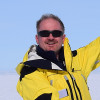 |
Steven J. PhippsClimate scientist working towards a better world |
Introduction
I am a climate change and renewable energy researcher based in Hobart, Tasmania, Australia. Primarily, I study past, present and future changes in the climate system, with a particular focus on Antarctica and global sea level rise. Determined to work on climate solutions and to bridge the gap between science and policy, I founded Ikigai Research, an independent, non-profit research partnership, in 2020. I now work with companies and governments in Australia and Japan on sustainability and decarbonisation.
I am a strong believer in the power of diplomacy and international relations to make our world a better place, with a particular passion for building bridges between Tasmania and Japan. Through my roles in the Australian Institute of International Affairs, Australian Red Cross and the Australia-Japan Society of Tasmania, I seek to promote mutual cultural understanding and create a world where we can tackle the grand challenges of the 21st century together.
Above all, I have a fundamentally optimistic perspective on life. I believe in inspiring people, telling positive stories and striving for a better world.
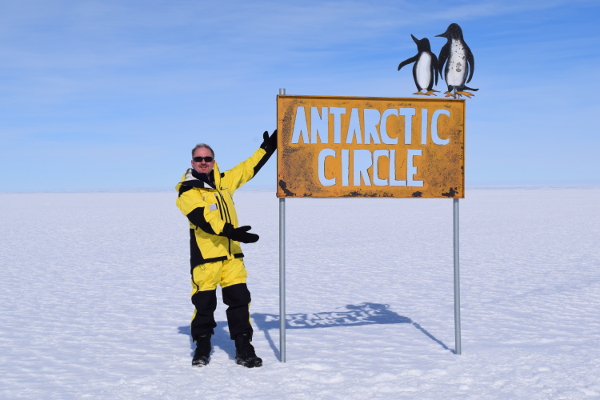
Research
Overview
My current research aims to understand past, present and future changes in Antarctica and the climate of the Southern Hemisphere. To approach this problem, I use a combination of climate modelling, ice sheet modelling and data from natural archives, such as ice cores, tree rings and corals.
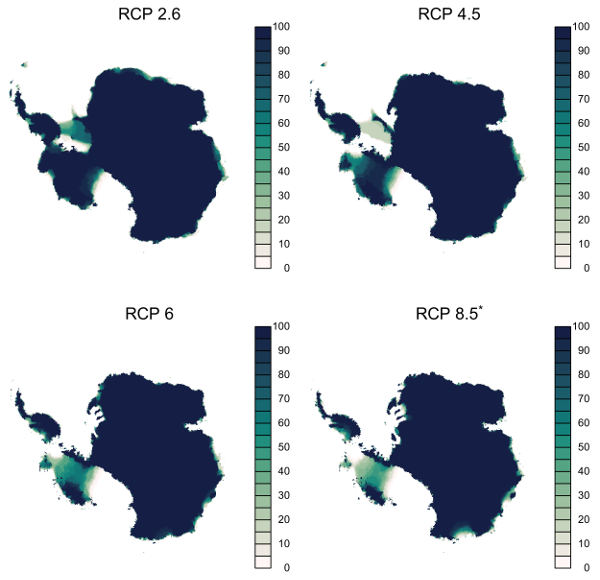
Antarctica and sea level
The primary focus of my research is on understanding the role of the Antarctic Ice Sheet in driving changes in global sea level. Bringing together the models and the data, I seek to generate more accurate projections of future sea level rise and to share this information with decision-makers.
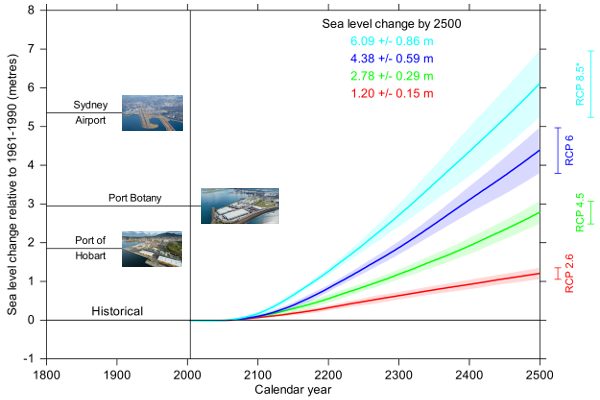
Climate and ice sheet modelling
I am the developer of the CSIRO Mk3L climate system model, a fast and portable global climate model designed primarily for studying long-term climate variability and change. I continue to develop and maintain the model, as well as to train, support and mentor users. CSIRO Mk3L is freely available to the research community, and now has more than 100 registered users located around the world.
I have used CSIRO Mk3L to generate climate model simulations for the Coupled Model Intercomparison Project (CMIP), the Paleoclimate Modelling Intercomparison Project (PMIP) and the Geoengineering Model Intercomparison Project (GeoMIP). These simulations have been included in the Fifth Assessment Report and Sixth Assessent Report of the Intergovernmental Panel on Climate Change (IPCC).
I also work with the Parallel Ice Sheet Model (PISM), using the model to explore future pathways and to generate projections of future sea level rise.
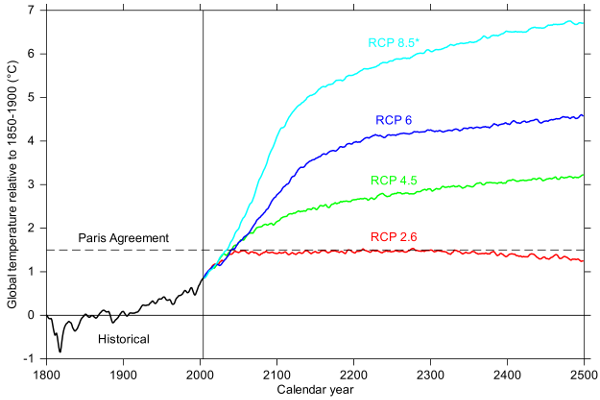
Data from natural archives
The story of the Earth's past is written in the landscape all around us. I work with data from natural archives, including corals from the tropical oceans, tree rings from temperate regions such as Tasmania and New Zealand, and ice cores and geological samples from Antarctica. This data allows us not only to understand past changes in the Earth's climate, but also to improve the models that we use to predict the future.
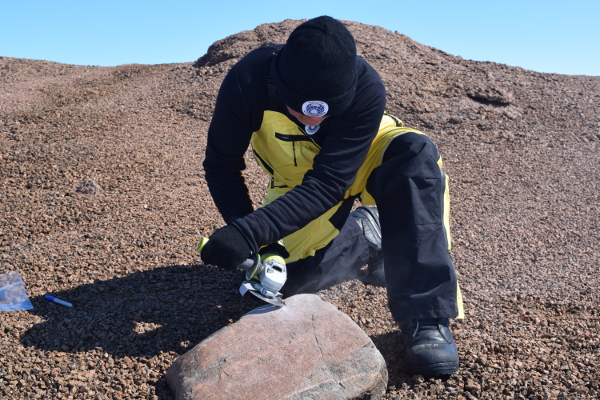
Policy
Sustainability and decarbonisation
I am determined to bridge the gap between science and policy, applying my scientific knowledge to develop climate solutions and to work towards sustainable and decarbonised society.
Through my roles on the Climate, Sustainability and Biodiversity Committee of the City of Hobart and the Sustainability Committee of the Australian and New Zealand Chamber of Commerce in Japan, I work with companies and governments in Australia and Japan on sustainability and decarbonisation.

International relations and Japan
I am a strong believer in the power of diplomacy and international relations to make our world a better place. I serve as Senior Vice-President of the Tasmanian Branch and sit on the National Conference Committee of the Australian Institute of International Affairs. AIIA is an independent, non-profit organisation which seeks to promote interest in, and understanding of, international affairs in Australia.
I also sit on the Tasmanian Divisional Advisory Board and the National Council of Australian Red Cross. Established more than 100 years ago, Australian Red Cross has extensive experience in disaster risk reduction, response and recovery across Australia and the Asia Pacific region, as well as in influencing policy, practice and research.
I have a particular passion for building bridges between Tasmania and Japan. I am President of the Australia-Japan Society of Tasmania, which seeks to promote mutual cultural understanding. As well as my role on the Sustainability Committee of the Australian and New Zealand Chamber of Commerce in Japan, I also serve on the National Committee of the National Federation of Australia-Japan Societies and as the Tasmanian Regional Representative for the Japan Society for the Promotion of Science Alumni Association in Australia.
In April 2025, I was honoured to be awarded the Order of the Rising Sun, Gold Rays with Rosette, by the Government of Japan for my efforts to promote regional exchange and mutual understanding between Australia and Japan.
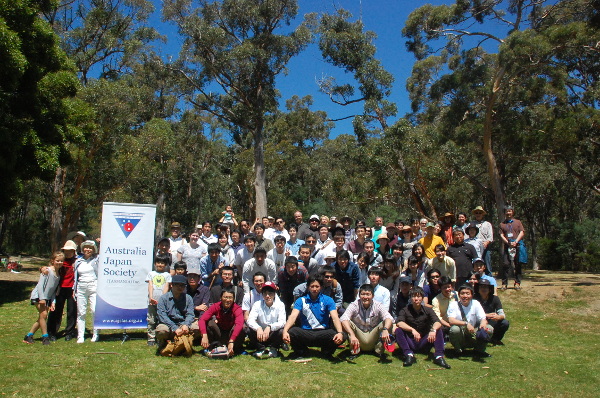
Miscellaneous
I am a passionate believer in the importance of public outreach and science communication. I engage with the public via online media, print, radio and television and via school programs such as Moving East.
I am also a passionate believer in open science. Via this website, you can download every scientific article that I have ever published, every scientific presentation that I have ever given and the materials for every course that I have ever taught. I am also steadily working on making all the scientific data that I have ever generated freely available.
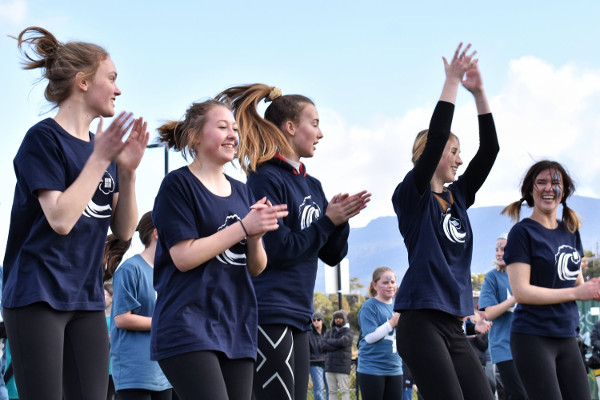
 LinkedIn
LinkedIn Bluesky
Bluesky Google Scholar
Google Scholar